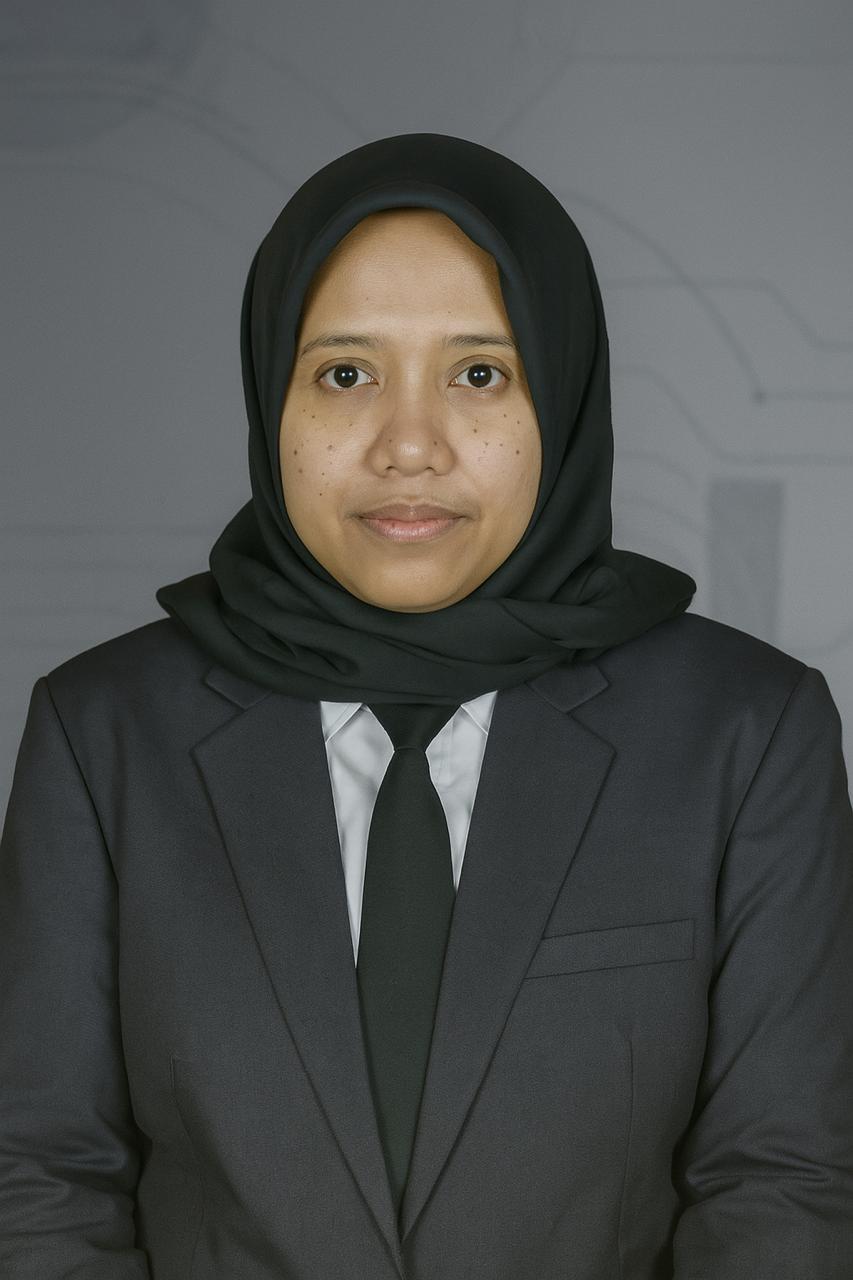
Master of Information Technology
"To become a superior and leading PS-MTI in producing graduates who are experts in the field of software engineering and information technology management that animates Islamic values and ethics, and Indonesianness."
- Organising educational programmes in software engineering and information technology management based on scientific, Islamic and Indonesian values and ethics.
- To conduct research and development in the field of software engineering and information technology management that integrates scientific, Islamic and Indonesian values and ethics.
- Contributing to improving the quality of human life through the development of software engineering and information technology management.
- To produce graduates who are faithful, pious, noble, professional, and competent in the field of science and technology.
- Improve superior research results in the field of science and technology
- Improving the standard of living of the community with the application of science and technology.
- Master of Information Technology Programme Website
- Alumni Testimonial Form
- Alumni Search Form
- Complaints, Criticisms, and Suggestions Form
Introduction
In accordance with the Mission of the Master of Information Technology Study Programme, which is to produce master graduates who are competent in the field of information systems / information technology (SI / IT), especially information technology management (Information Technology Management), Data & Software Engineering (Software & Data Engineering) which integrates with Islamic and Indonesian values, the Profile of Master of Information Technology Graduates of UIN Syarif Hidayatullah Jakarta is generally divided into two paths, namely:
Information Technology Manager, this aspect relates to the ability of an individual in terms of planning, designing, procuring, building, implementing, running, and controlling the governance of information systems and technology in organisations. The focus of the graduates of this programme is to study the issues of the IS/TI professional field in the business and managerial aspects of Information Technology that integrates Islamic values into IT Governance.
Data and software engineer, this aspect relates to the ability of an individual in terms of managing data and software development, namely analysing, designing, implementing, and testing and maintaining data and software. Graduates of this programme focus on studying issues or creative ideas in producing software products that integrate Islamic principles into SI/TI.
Meanwhile, some career prospects for Master of Information Technology graduates based on the Occupational Competency Unit Map in the Indonesian National Qualifications Framework (KKNI) for Information and Communication Technology (ICT) issued by the Ministry of Communication and Information Technology (Kominfo) include:
1. DATA WAREHOUSE DIRECTOR
2. SENIOR PROGRAMMER
3. VICE PRESIDENT OF INFORMATION SERVICES
4. IT PLANNING DIRECTOR
5. PROGRAMME MANAGEMENT DIRECTOR
6. VICE PRESIDENT STRATEGY AND ARCHITECTURE
7. INFORMATION SECURITY DIRECTOR
8. IT MANAGEMENT AND CONTROL DIRECTOR
9. APPLICATION SYSTEM DIRECTOR
10. SENIOR IT CONSULTANT
Map of Occupational Competency Units in the Indonesian National Qualifications Framework (KKNI) for Information and Communication Technology (ICT) issued by the Ministry of Communication and Information Technology (KOMINFO).
Juridical Foundation
- Law of the Republic of Indonesia Number 20 of 2003 concerning the National Education System;
- Government Regulation Number 4 of 2014 concerning the Implementation of Higher Education and Management of Higher Education;
- Minister of Religious Affairs Regulation Number 17 of 2014 concerning the Statute of Syarif Hidayatullah State Islamic University Jakarta;
- Decree of the Minister of Research, Technology, and Higher Education of the Republic of Indonesia Number 257/M/Kpt/2017 on the Name of Study Programmes in Higher Education;
- Rector Regulation No. 10 of 2015 concerning Guidelines for Curriculum Development of UIN Syarif Hidayatullah Jakarta;
- PTKI Curriculum Development Guidelines Referring to KKNI and SN-Dikti; Directorate of Islamic Higher Education Directorate General of Islamic Education Ministry of Religious Affairs of the Republic of Indonesia; 2018
- Decree of the Rector of UIN Jakarta No. 93 of 2020 concerning Amendments to the Rector's Decree No. 48 of 2020 concerning Technical Guidelines for the Preparation of Course Codes.
- Decree of the Rector of UIN Syarif Hidayatullah Jakarta No. 503 of 2020 Regarding Guidelines for the Preparation of UIN Syarif Hidayatullah Jakarta Curriculum
Theoretical Foundation
The approach used in the curriculum of the Master of Information Technology Study Programme is the OBE (Outcome-Based Education) approach. This approach is an approach that emphasises the sustainability of the learning process in an innovative, interactive, and effective manner. The concepts and principles of education based on OBE include:
1) Focusing on learning outcomes
2) Outcome-based curriculum design
3) Alignment between assessment, learning process, and learning outcomes
4) Creating a conducive learning environment
5) Implementation of the PDCA cycle
The preparation of the 2025 Master of Information Technology Programme curriculum is also based on the Merdeka Learning Campus Merdeka programme. This policy is a policy of the Ministry of Education and Culture which is expected to be the answer to the demands for universities to be able to design and organise innovative learning processes so that students can achieve learning outcomes covering aspects of attitude, knowledge and skills and are always relevant. An independent campus is a form of learning in Higher Education that is autonomous and flexible so as to create a learning culture that is innovative, not restrictive and in accordance with student needs.
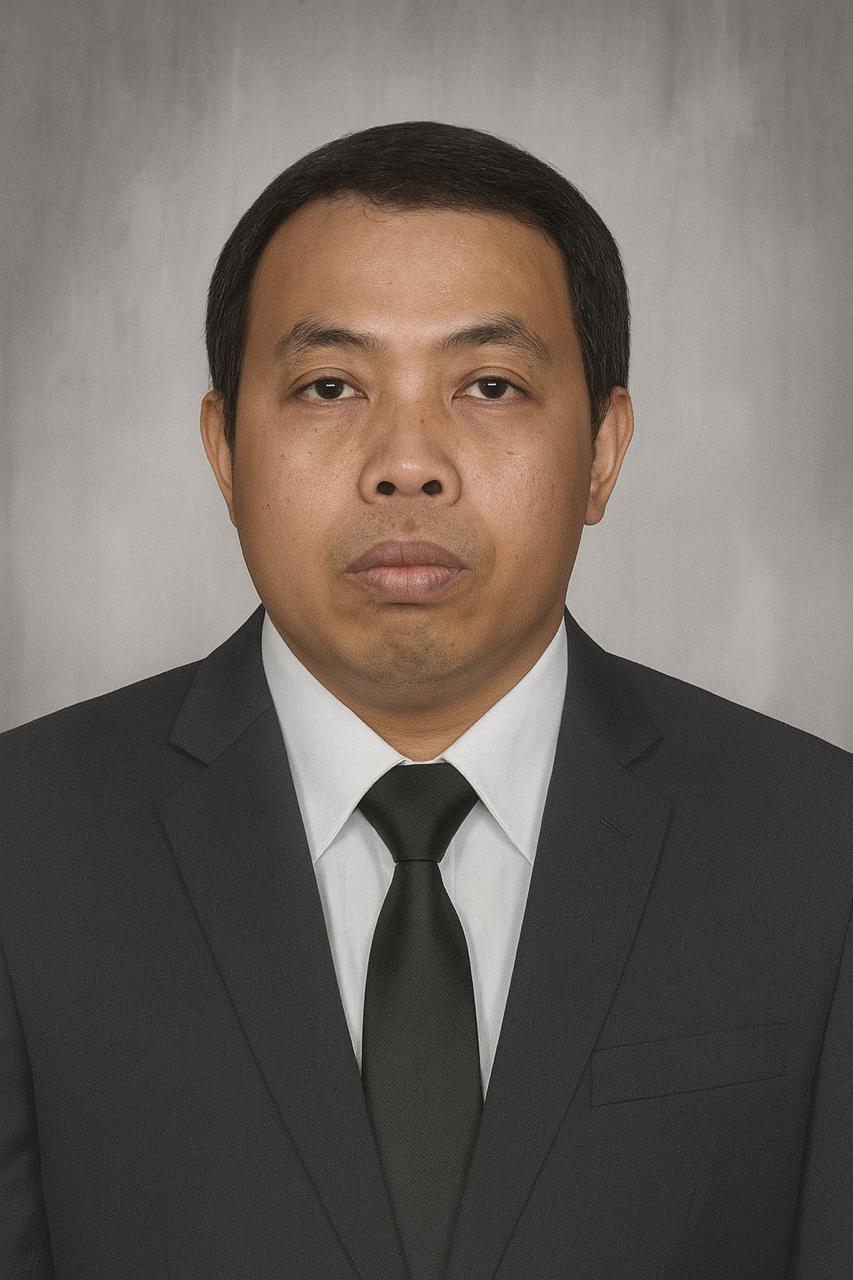
A'ang Subiyakto, S.Kom., M.Kom., Ph.D.
| NIP/NIDN | 197602192007101002 |
| Field of Science | Social Computing, Human-Computer Interaction |
| aang_subiyakto@uinjkt.ac.id | |
| Publications | Scopus, Google Scholar, Sinta, Orcid |
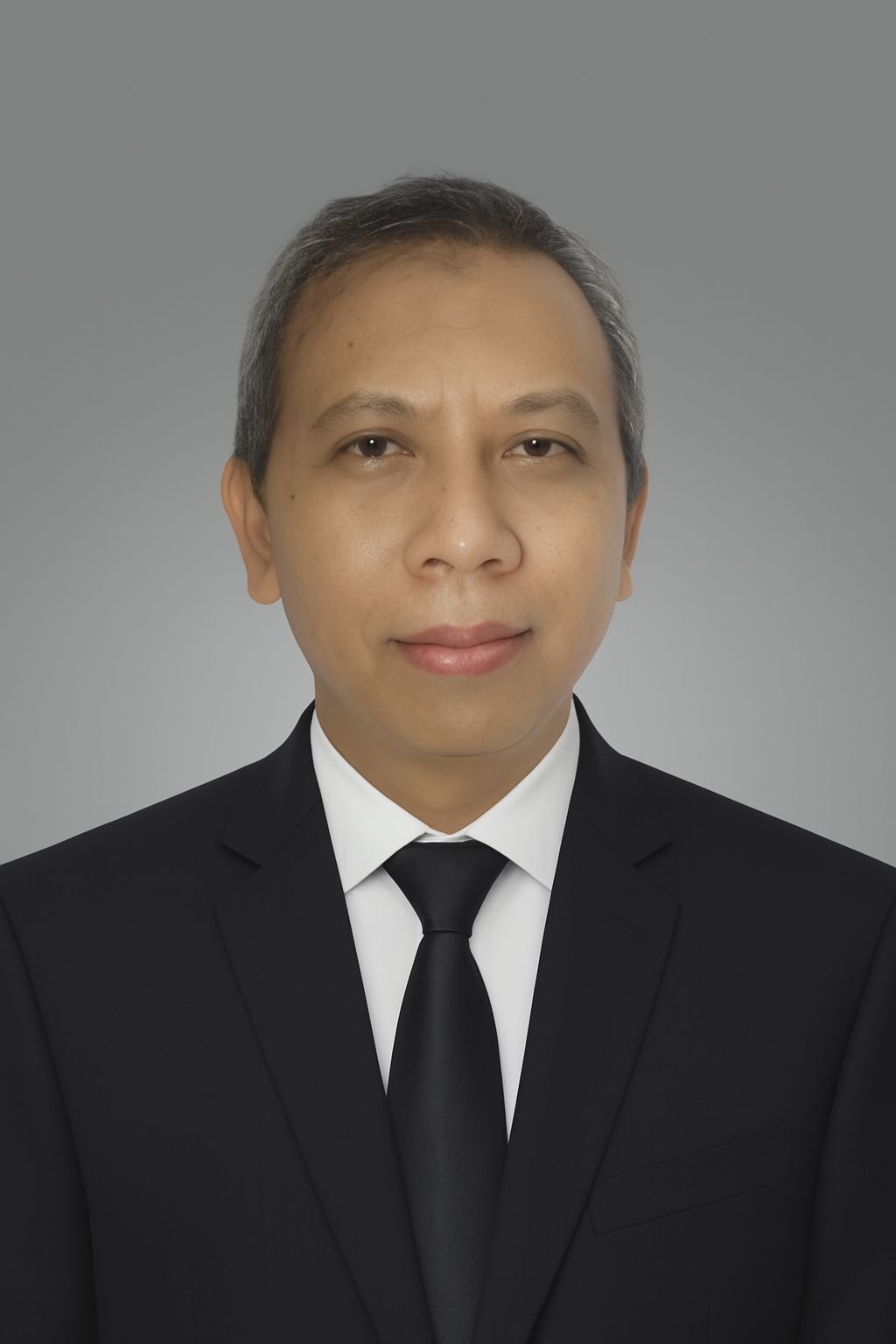
Muhammad Qomarul Huda, Ir., M.Kom., Ph.D.
| NIP/NIDN | 196704122003121001 |
| Field of Science | IT Innovation Adoption and Implementation, Digital Transformation, Organizational Performance |
| mqomarul@uinjkt.ac.id | |
| Publications | Scopus, Google Scholar, Sinta, Orcid |
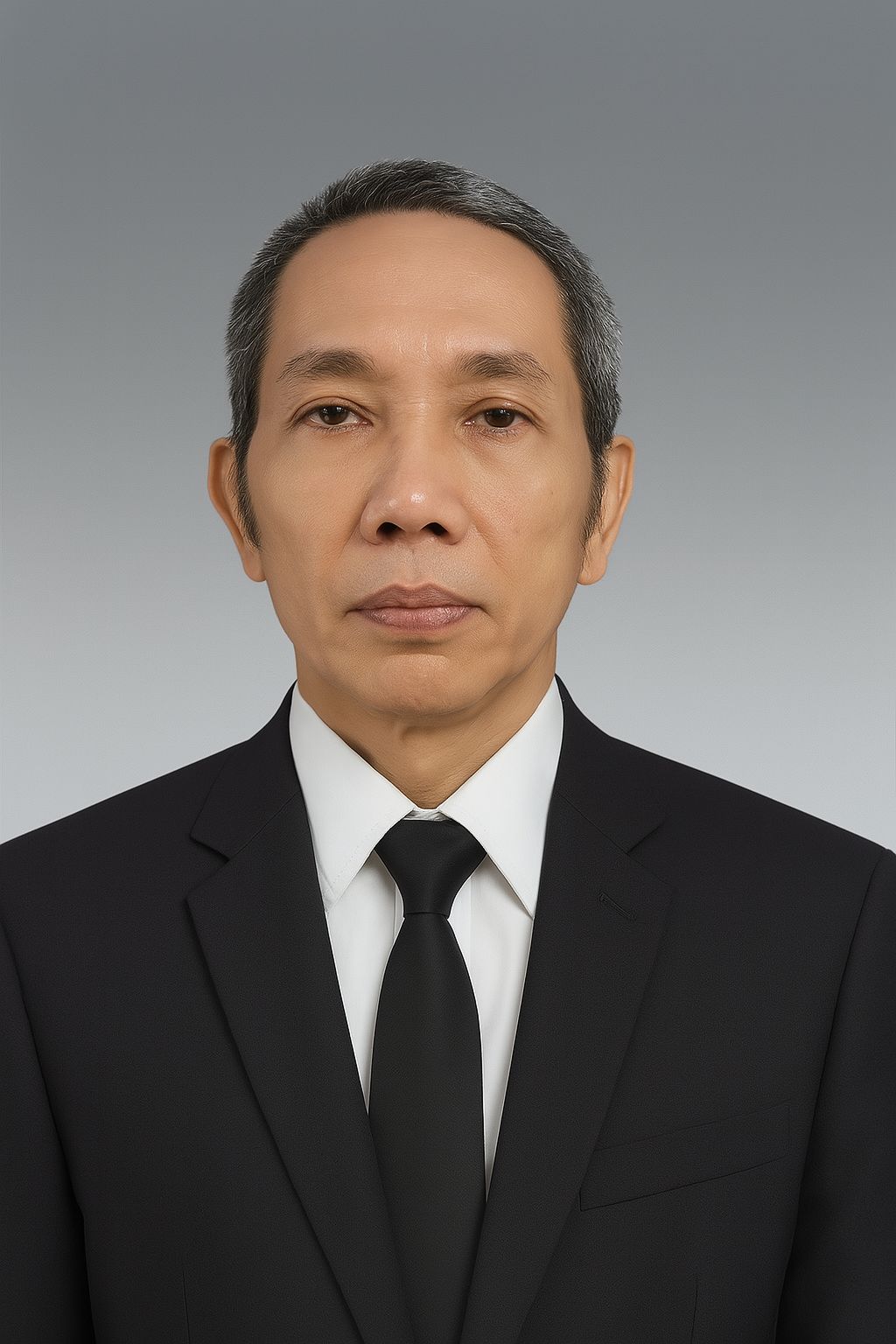
Dr Nurbojatmiko, S.Kom, M.Kom
| NIP/NIDN | 196711282023211003 |
| Field of Science | Software Engineering, Data Processing |
| nurbojatmiko@uinjkt.ac.id | |
| Publications | Scopus, Google Scholar, Sinta |
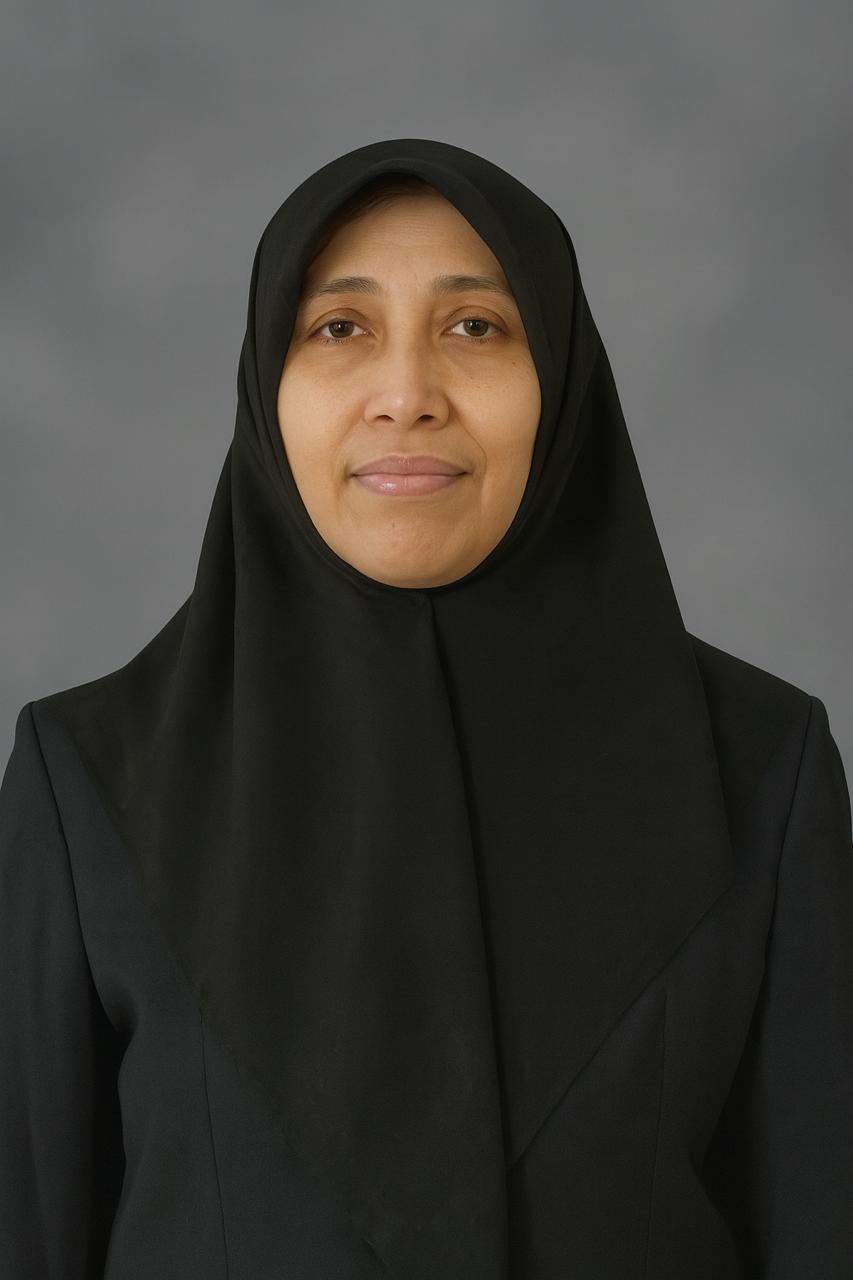
Dr Qurrotul Aini, ST, M.T.
| NIP/NIDN | 197303252009012001 |
| Field of Science | Artificial Intelligence, Business Intelligence, Social computing |
| qurrotul.aini@uinjkt.ac.id | |
| Publications | Scopus, Web of Science, Google Scholar, Sinta, Orcid |

Prof Dr Ir Syopiansyah Jaya Putra, M.SIS.
| NIP/NIDN | 196801172001121001 |
| Field of Science | E-government |
| syopian@uinjkt.ac.id | |
| Publications | Scopus, Google Scholar, Sinta, Orcid |
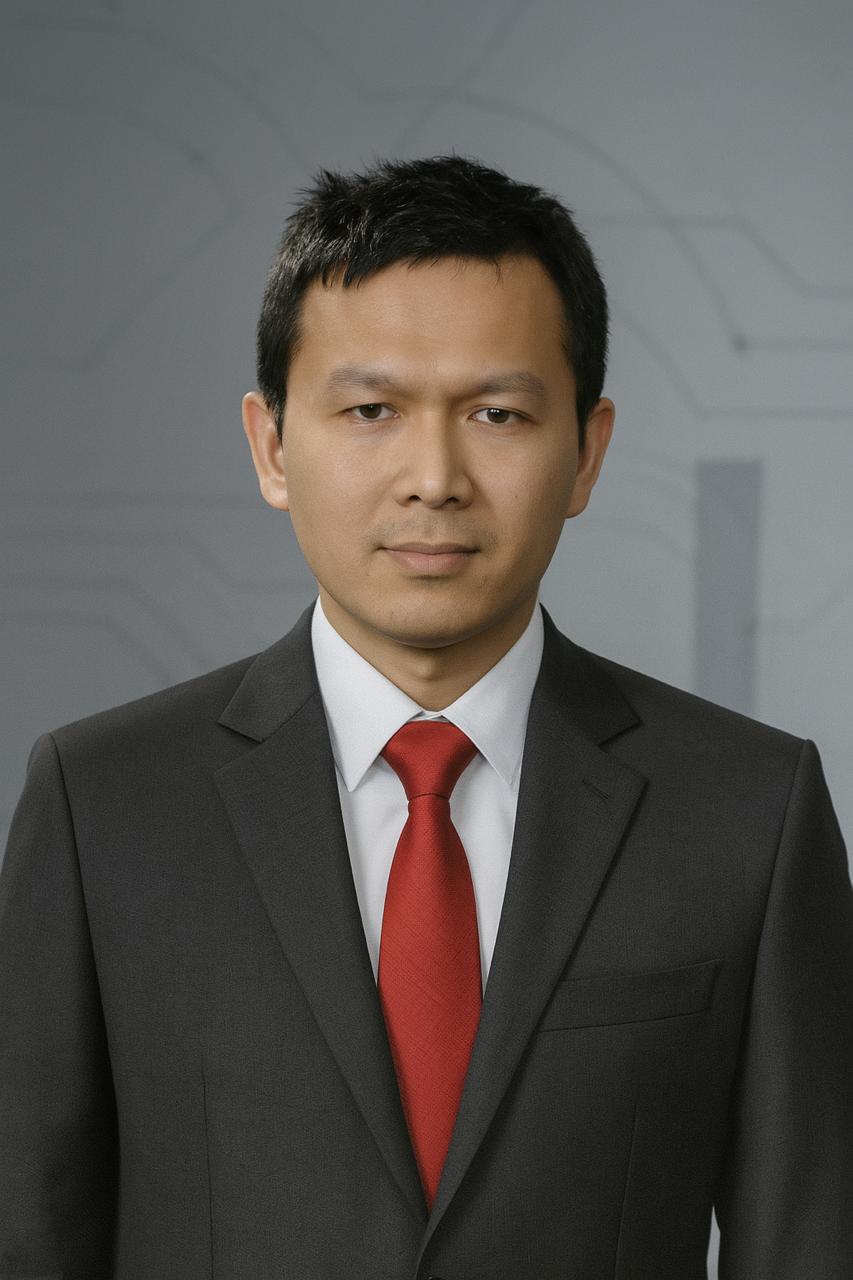
Dr Husni Teja Sukmana, S.T., M.Sc.
| NIP/NIDN | 197710302001121003 |
| Field of Science | IT Services, IT Governance, Digital Philanthropy |
| husniteja@uinjkt.ac.id | |
| Publications | Sinta, Google Scholar, Scopus |
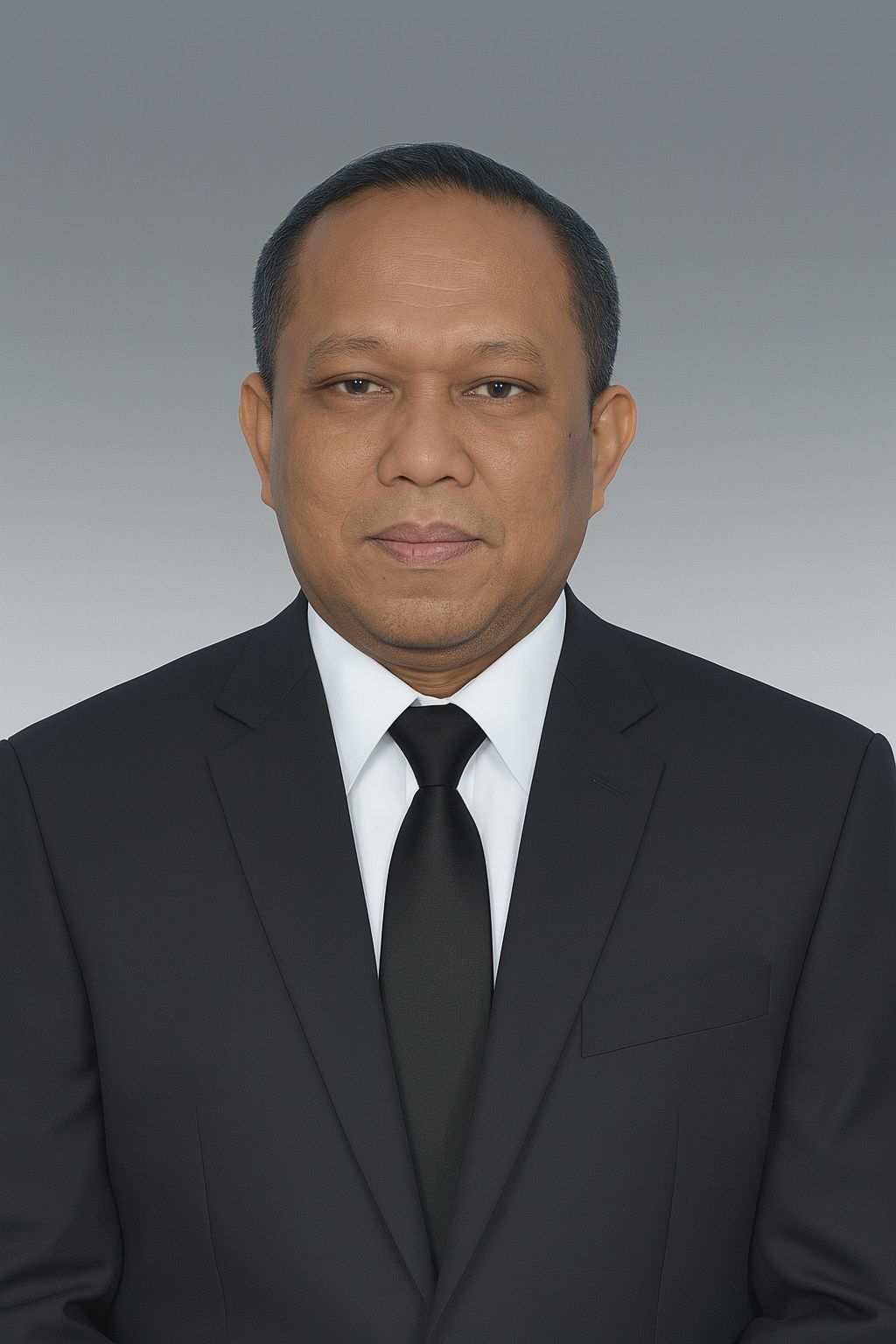
Dr Yusuf Durachman, B.Sc., M.LIS., M.IT.
| NIP/NIDN | 197105222006041002 |
| Field of Science | Information Management, Entrepreneurship |
| yusuf_durachman@uinjkt.ac.id | |
| Publications | Scopus, Google Scholar, Sinta |

Dewi Khairani, M.Sc.
| NIP/NIDN | 198205222011012009 |
| Field of Science | Software Engineering |
| dewi.khairani@uinjkt.ac.id | |
| Publications | Scopus, Google Scholar, Sinta |

Siti Ummi Masruroh, M.Sc
| NIP/NIDN | 198208232011012013 |
| Field of Science | Software Engineering |
| ummi.masruroh@uinjkt.ac.id | |
| Publications | Scopus, Google Scholar, Sinta |
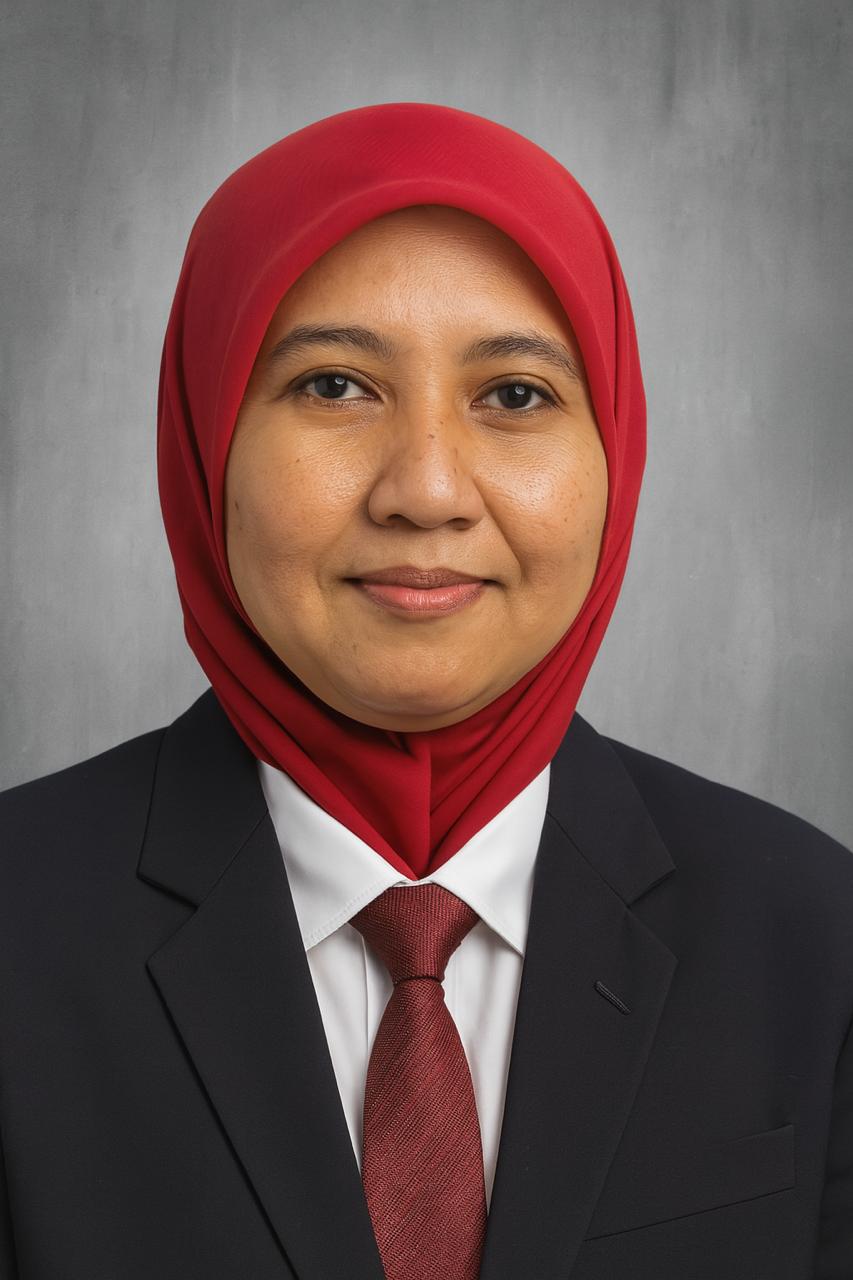
Khodijah Hulliyah, S.Kom, M.Si, Ph.D
| NIP/NIDN | 197304022001122001 |
| Field of Science | Sentiment Analysis and NLP |
| khodijah.hulliyah@uinjkt.ac.id | |
| Publications | Scopus, Google Scholar, Sinta |
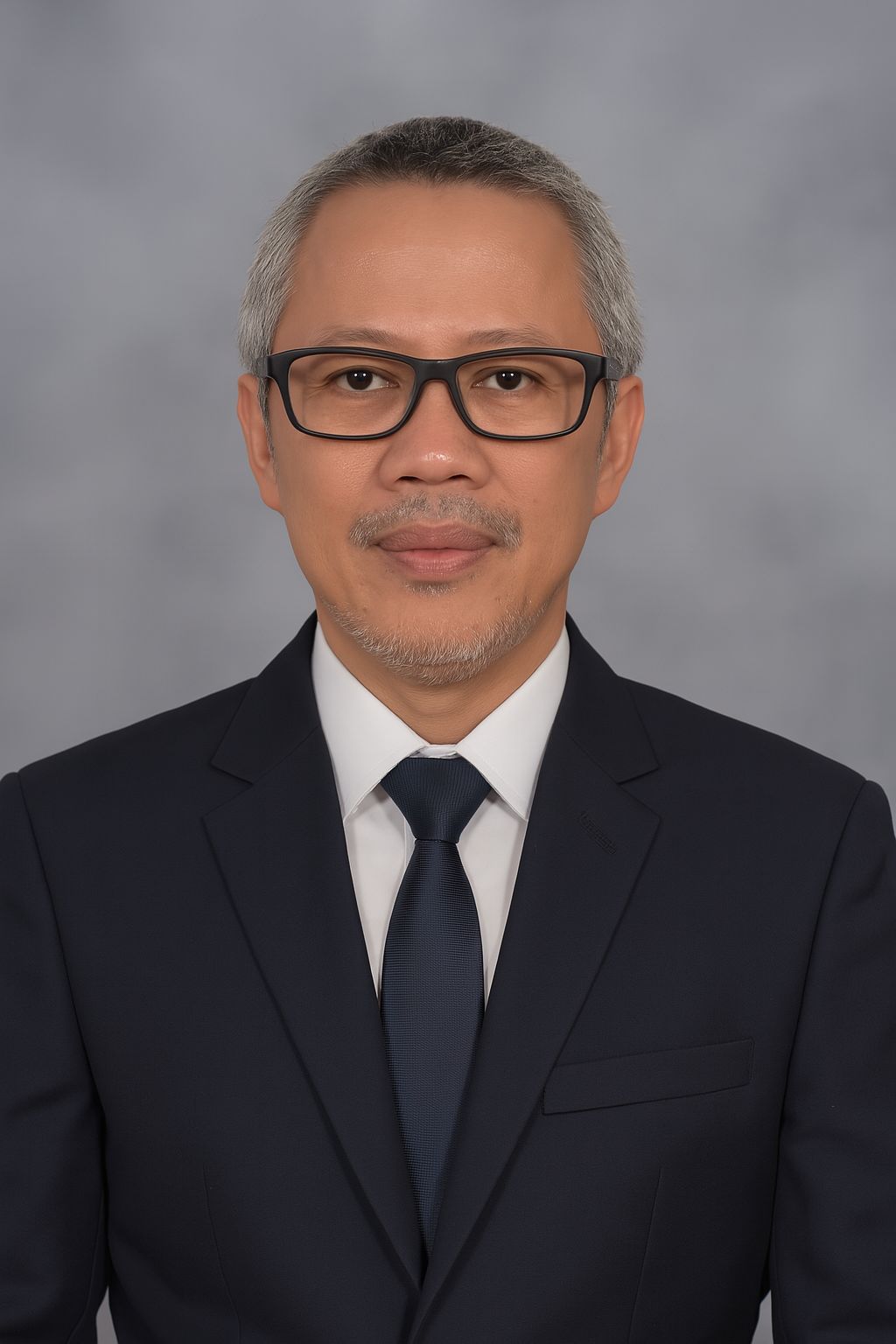
Nashrul Hakiem, S.Si., M.T., Ph.D.
| NIP/NIDN | 197106082005011005 |
| Field of Science | Software Engineering and Cyber Security |
| hakie@uinjkt.ac.id | |
| Publications | Scopus, Google Scholar, Sinta, Orcid |
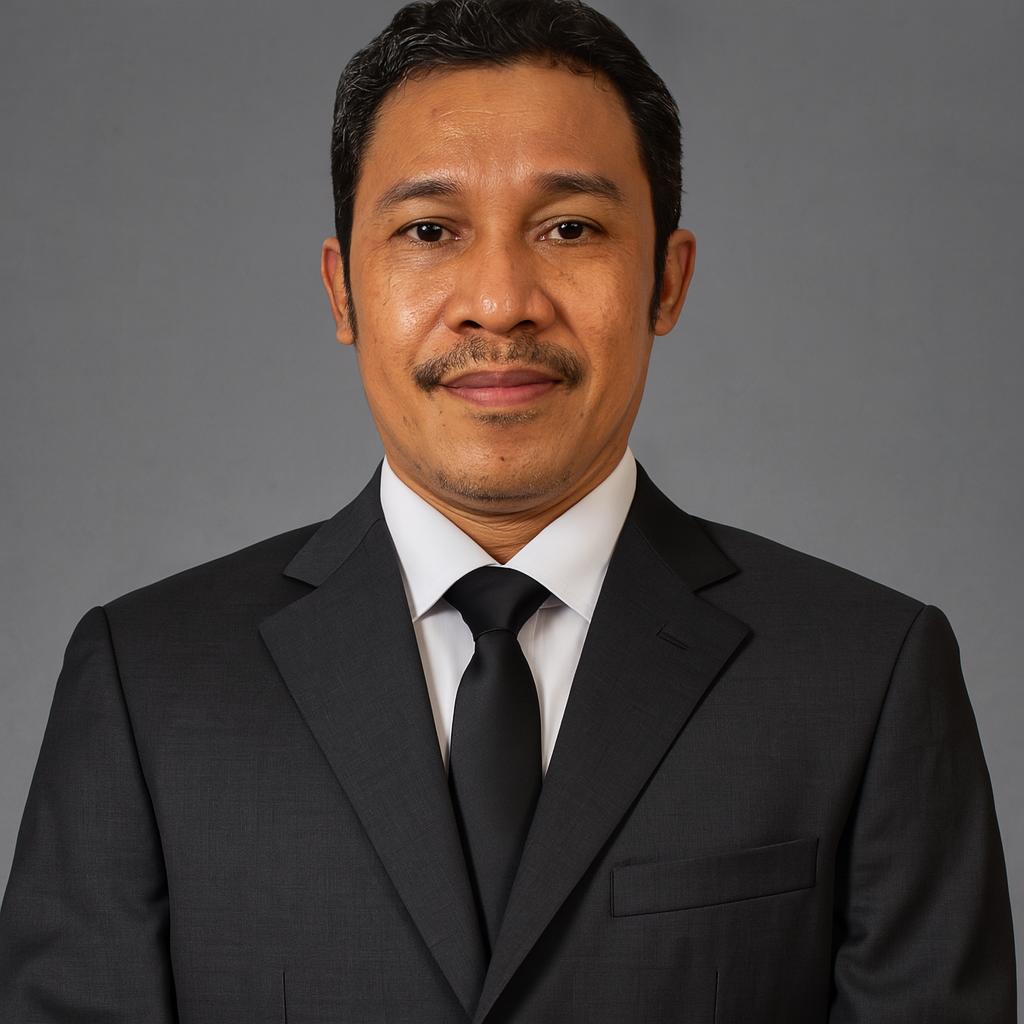
Dr Imam Marzuki Shofi, M.T.
| NIP/NIDN | 197202052008011010 |
| Field of Science | Software & Data Engineering, Requirements Engineering, Real-time Software Engineering, e-Government, dah e-Education |
| imam@uinjkt.ac.id | |
| Publications | Scopus, Sinta, Google Scholar, Sinta |
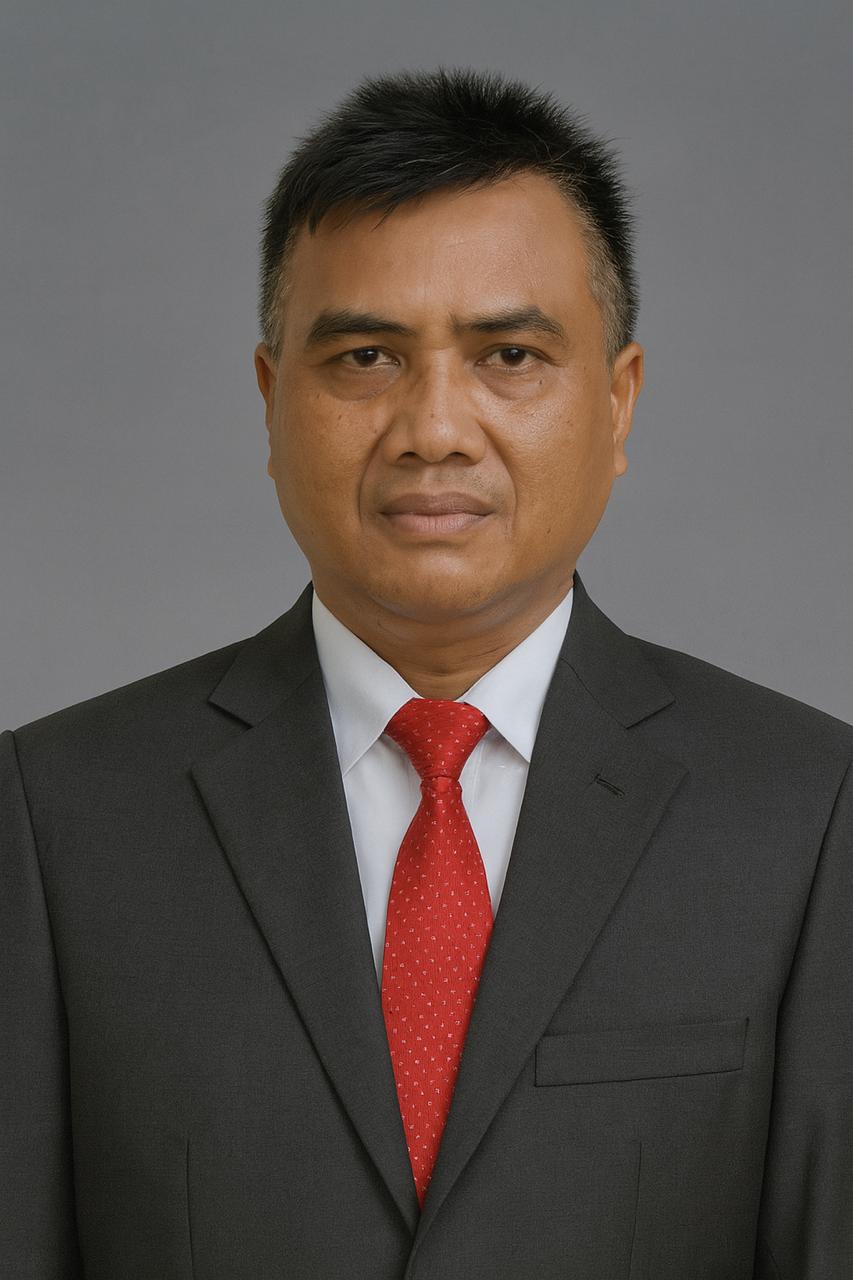
Herlino Nanang, M.T., Ph.D.
| NIP/NIDN | 197406242007101001 |
| Field of Science | Data Security, e-Government, and Computer Hardware |
| herlino.nanang@uinjkt.ac.id | |
| Publications | Scopus, Google Scholar, Sinta |

Nurhayati, M.Kom., Ph.D.
| NIP/NIDN | 196003161999032002 |
| Field of Science | Wireless Sensor Network, Big Data, Machine Learning, Deep Learning |
| nurhayati@uinjkt.ac.id | |
| Publications | Scopus, Sinta, Google Scholar, Sinta |
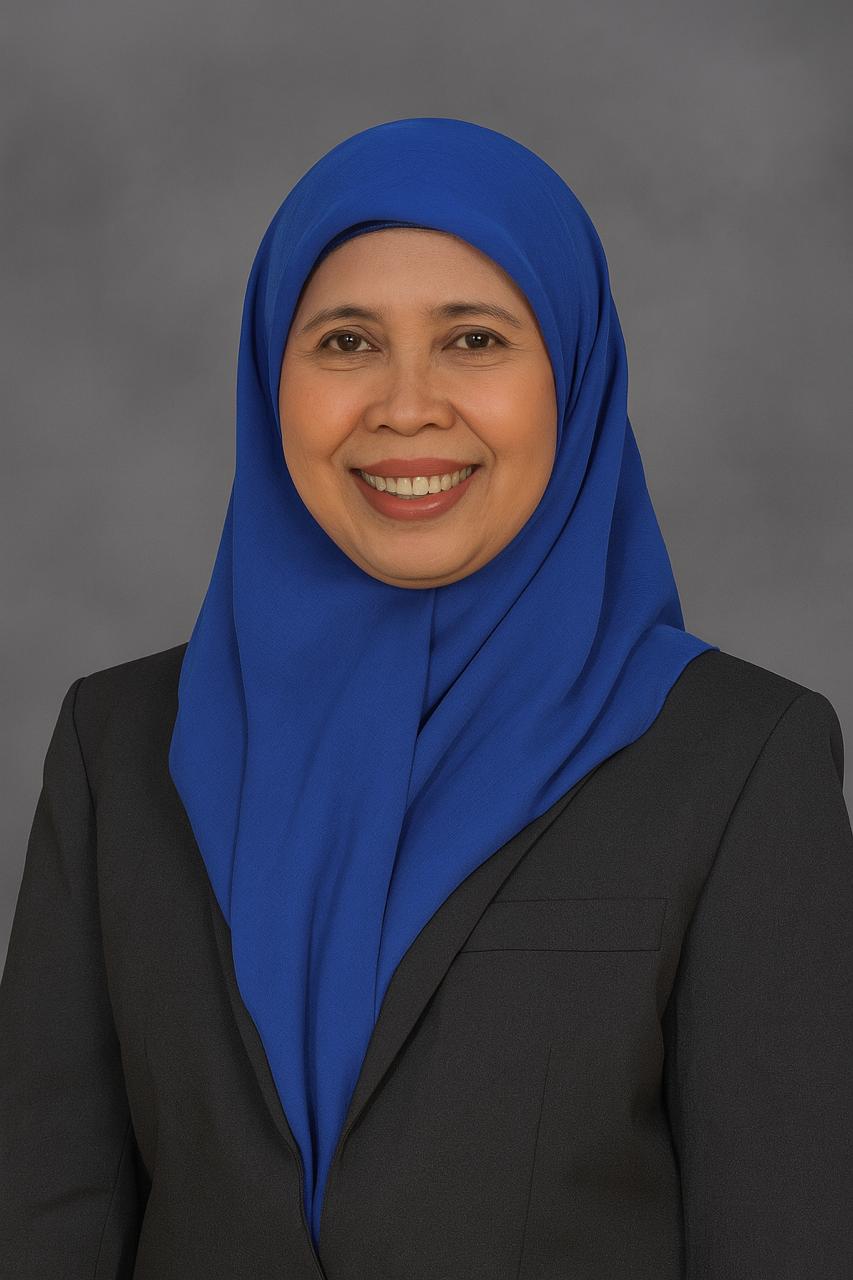
Viva Arifin, MMSI, Ph.D
| NIP/NIDN | 197308102006042001 |
| Field of Science | Data Management System, Operation Tools and Systems, System Development and Information Technology, and IT Service Management System |
| viva_arifin@uinjkt.ac.id | |
| Publications | Scopus, Google Scholar, Sinta |
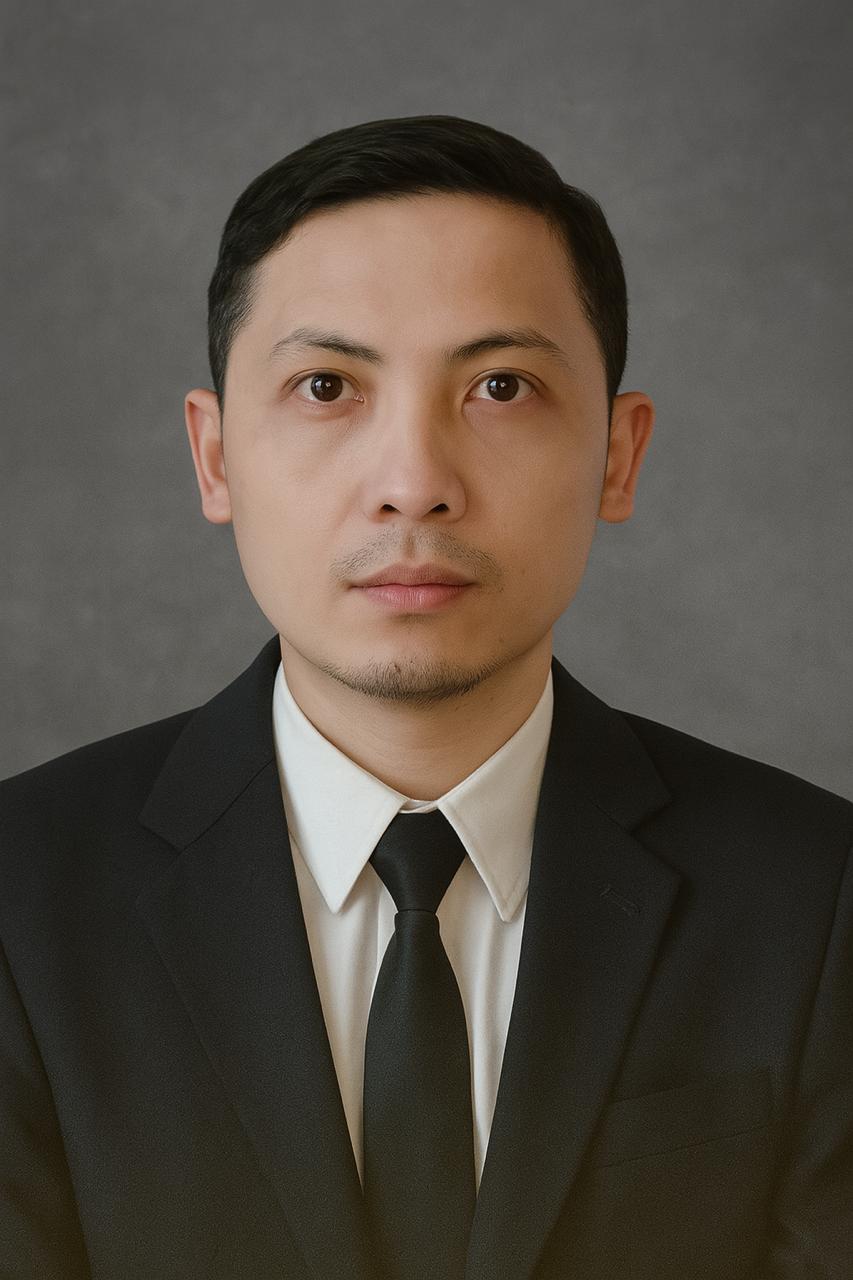
Dr Eng. Feri Fahrianto, S.T., M.Sc.
| NIP/NIDN | 198008292011011002 |
| Field of Science | Future Internet Architecture and Information-centric Networking |
| feri.fahrianto@uinjkt.ac.id | |
| Publications | UIN Scholar, Scopus, WoS, Google Scholar |
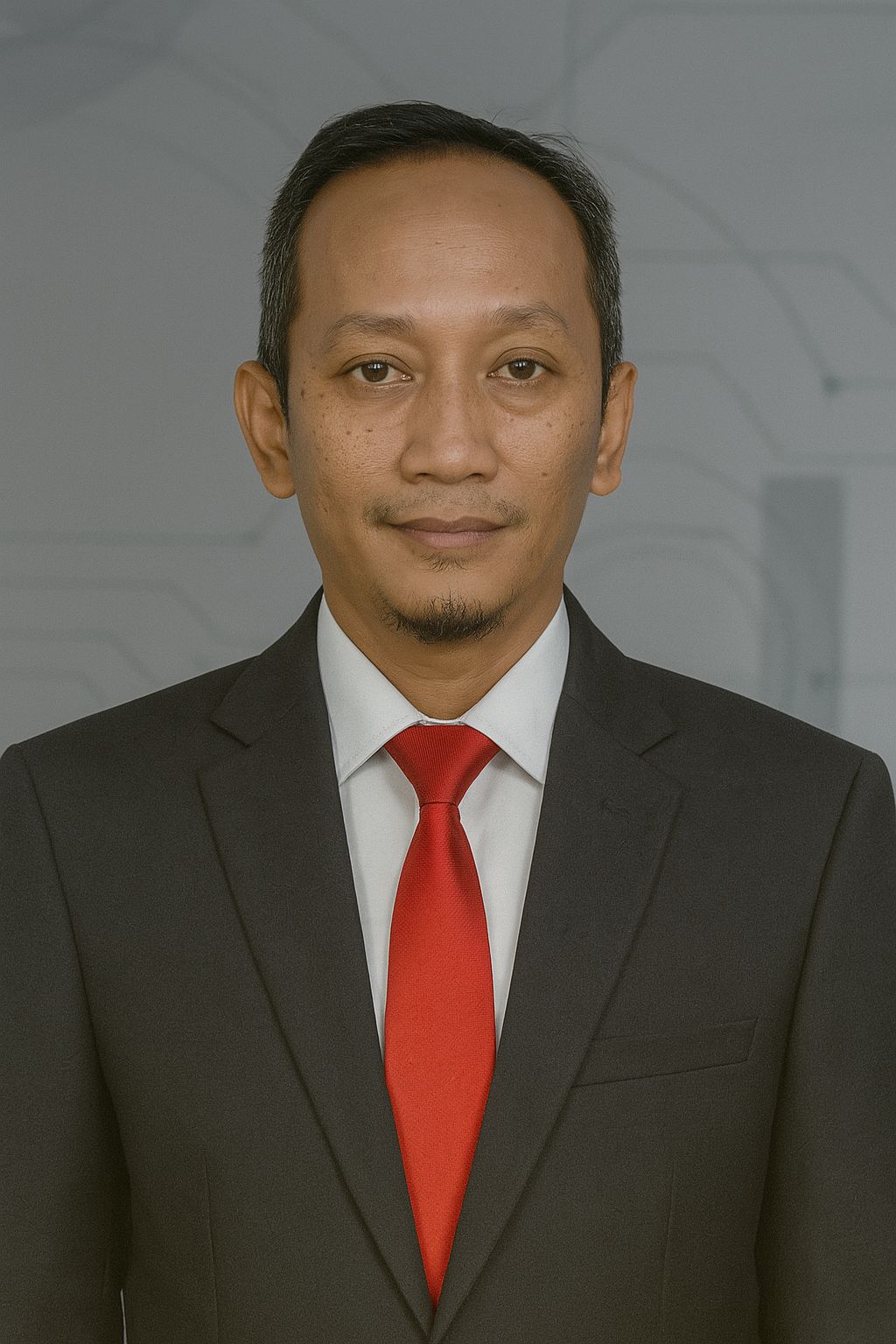
Taufik Edy Sutanto, M.Sc.Tech., Ph.D
| NIP/NIDN | 197905302006041002 |
| Field of Science | Data Science ~ Social Media Analytics |
| taufik.sutanto@uinjkt.ac.id | |
| Publications | UIN Scholar, Scopus, WoS, Google Scholar |
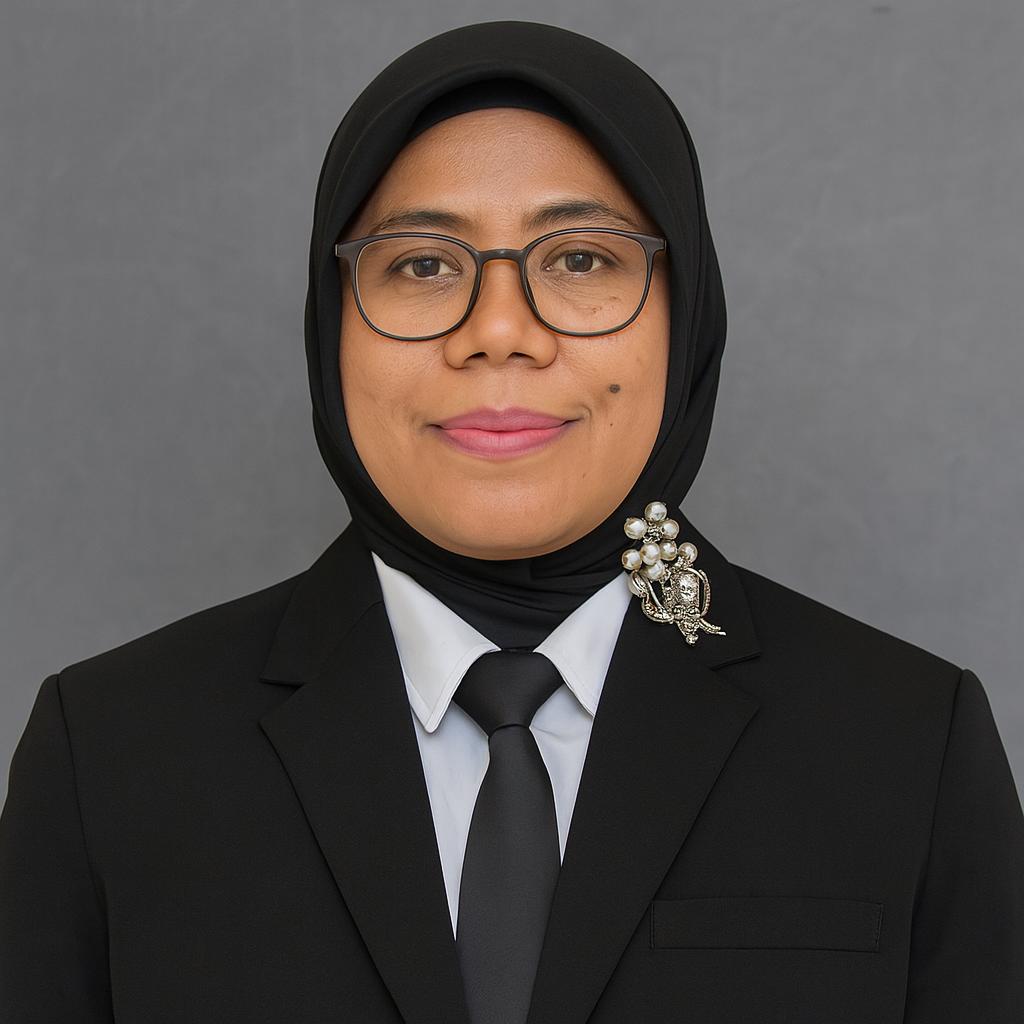
Dr Suma'inna, M.Si.
| NIP/NIDN | 197912082007012015 |
| Field of Science | Fluid Dynamics |
| sumainna@uinjkt.ac.id | |
| Publications | UIN Scholar, Scopus, WoS, Google Scholar |
Laboratory
The Integrated Laboratory Centre (PLT) is a laboratory of the Faculty of Science and Technology that is used for various practicum and research activities of students and lecturers. There are various types of equipment that are very supportive for practicum and research. With the existence of quite complete equipment in this education laboratory, every student can use the equipment facilities during the practicum run.This laboratory has a very large place, in the form of a building consisting of 6 floors so that students will be very comfortable when taking practicum. In addition, various types of safety equipment are also available, so that students who are running practicum in the Laboratory will feel safe and comfortable.
Library
The library is the heart of higher education that functions as a support for the academic movement and dynamics of higher education. The library is tasked with providing, managing and distributing information for the purposes of education, research, and community service.
Library facilities consist of:
- Library Centre
UIN Syarif Hidayatullah Jakarta Library Centre implements an open access system, where every visitor can directly access the collections in the Library. With this system, visitors are expected to be able to search for information (Browsing) and search for collections freely and as much as needed.
- Faculty Library
The Faculty of Science and Technology (FST) library as a learning centre continues to grow both in quality and quantity in order to provide excellent service. Until now the library has a print and electronic collection of more than 6697 titles that stand from e-books, journals, theses, and others.
- Online Library
Provides digital libraries that can be accessed via the internet.

